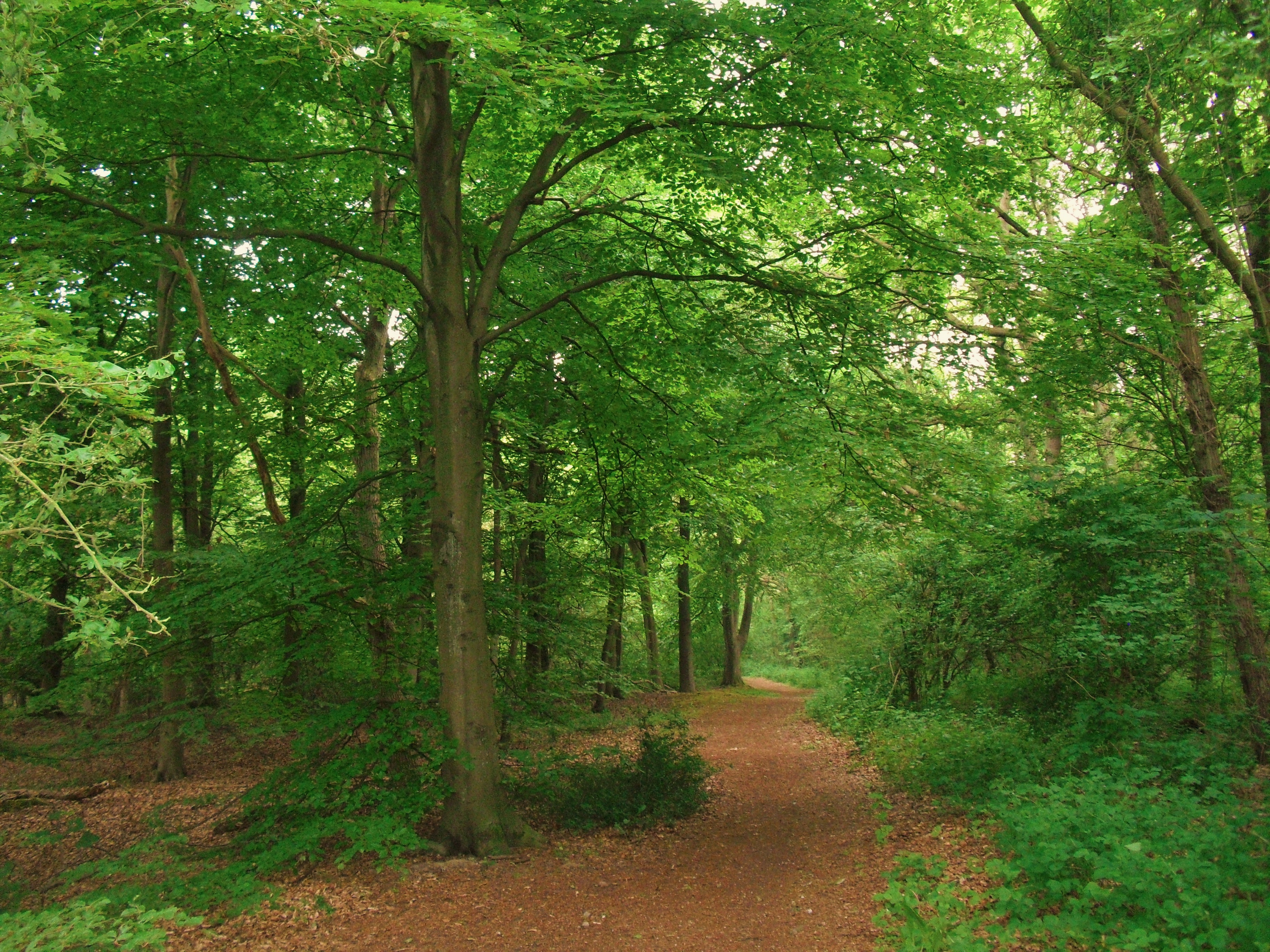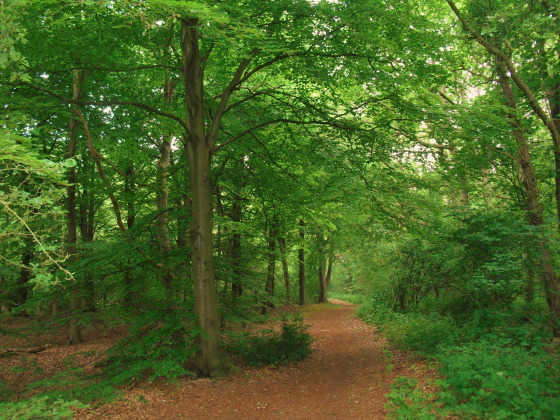Dutch are planting the wrong kind of tree, say ecologists


The Dutch tree planting strategy aimed at compensating for carbon emissions is threatening biodiversity, ecologists have warned.
The government plan to have 10% more trees by 2030 consists of the large scale planting of the wrong type of tree, ecologist Bert Maes told NU.nl.
Species which are not native to certain areas are forcing out wild trees and shrubs, which now only make up only 2% to 3% of Dutch forests, he said. Maes based his conclusion on 30 years of fieldwork across the country.
‘The Dutch show an extraordinary lack of attention for the quality of their woods,’ he said. ‘There is no training to to learn how our woods work, which trees belong there and why. The planting strategy shows a similar lack of awareness and needs to be reviewed.’
A lack of genetic variation caused by planting propagated species is also a threat to the sustainability of the woods. The ash, an important tree on which mosses, birds and insects depend, is often not wild but planted and therefore more prone to disease. Wild ashes are better able to develop natural immunity because it is more genetically diverse.
According to professor of plant ecology Joop Schaminée, planting south European species which are better able to sustain the projected rise in temperature would be ‘disastrous for the native ecology’. ‘The wild population is genetically diverse and able to adapt to climate change, that is its strength,’ he said.
Maes is in favour of using the remnants of ancient woodland, often hidden in centuries old hedgerows and wooded banks, to restock areas with native species and build a gene bank. ‘Some woodland is thousands of years old and dates back to before the Hunebedden. They are part of out heritage,’ he said.
Although it is too late for some woodland to function as a gene pool, Maes said the fact that the agriculture ministry has set up a commission for native trees and shrubs is ‘a ray of hope’.
Thank you for donating to DutchNews.nl.
We could not provide the Dutch News service, and keep it free of charge, without the generous support of our readers. Your donations allow us to report on issues you tell us matter, and provide you with a summary of the most important Dutch news each day.
Make a donation